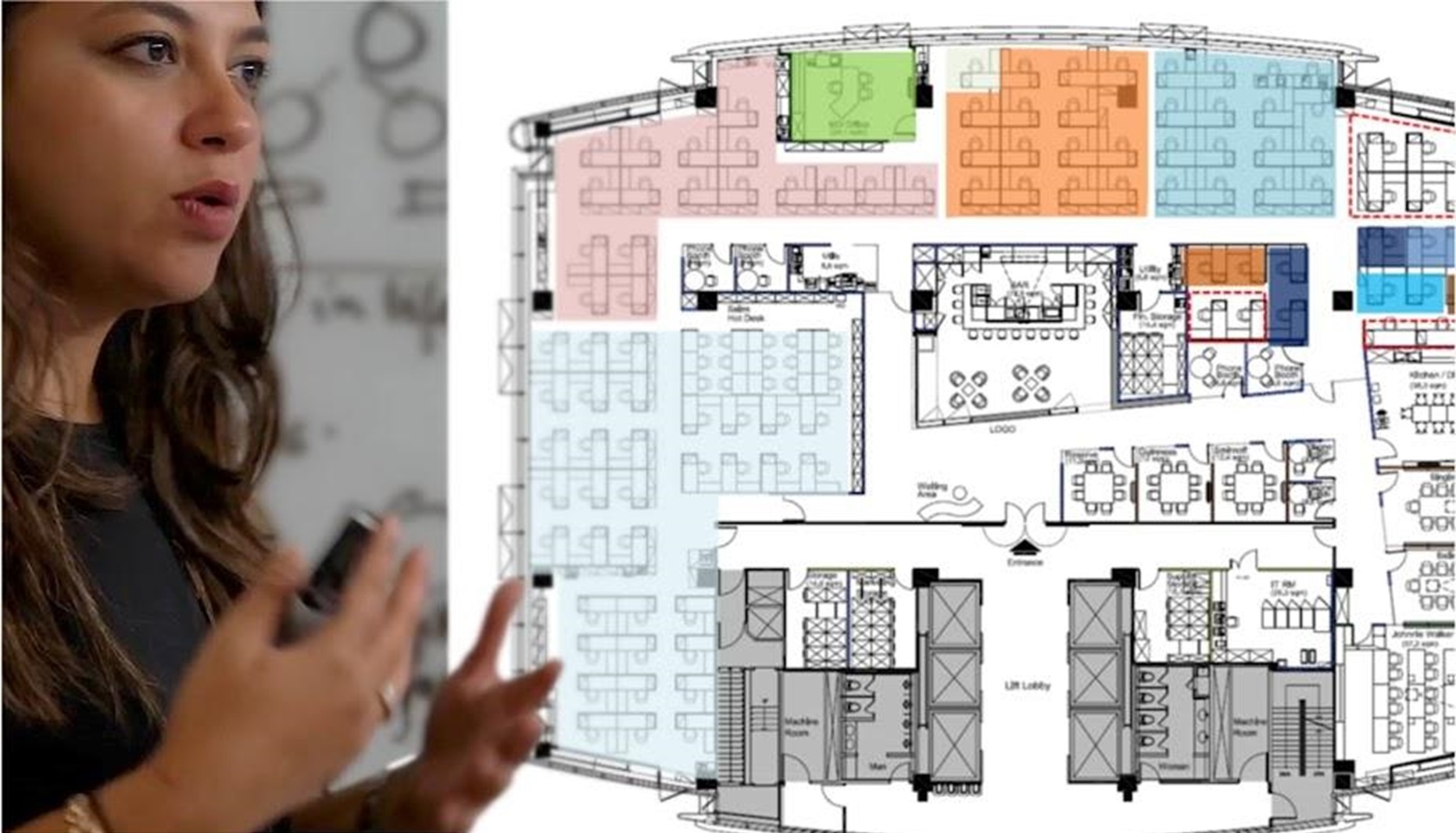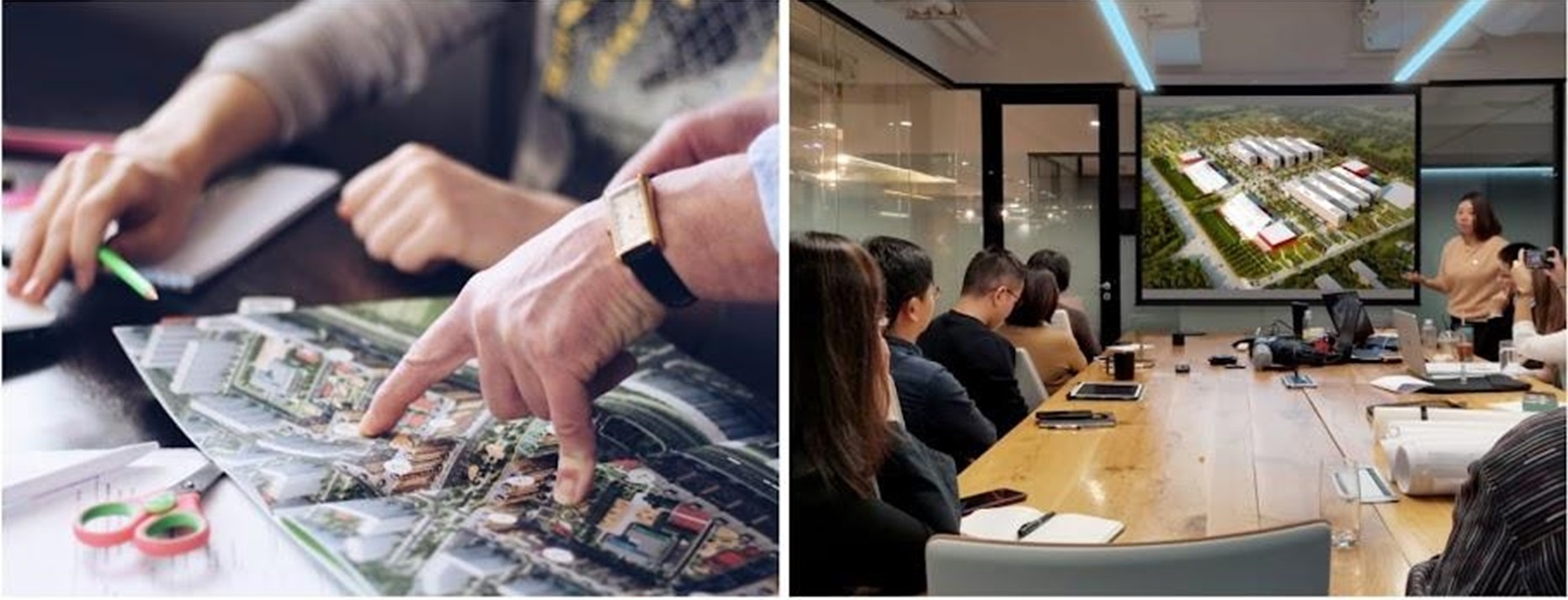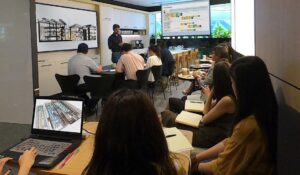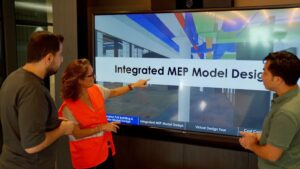Adaptability can become a core organizational mindset with the right workplace setting and with effective change management. Adaptability is crucial as workplaces must meet evolving employee and organizational demands and can be achieved incrementally over time with minimum disruption. An adaptive mindset enables individuals and organizations to efficiently adjust to changes, ensuring agility and resilience.
Organizations can effectively promote change management to cultivate adaptability, embracing complexity, and providing clear direction to foster a collaborative and resilient environment. An adaptive mindset equips teams with the tools to thrive, encouraging openness to new ideas and proactive problem-solving.
Transformation offers a chance for organizations to focus on innovative solutions and community building, especially during major changes like headquarters redesign. Utilizing such opportunities, teams can adapt to evolving market trends and client needs.
Cultivating an adaptive mindset involves empowering individuals to handle changes, fostering autonomy, and supporting emotional processing during transitions. Stability in communication about changes is vital, often achieved through workshops, interviews, and discussions on team dynamics and necessary resources.
Workplace design can promote adaptive behaviors by encouraging team collaboration, breaking down silos, and enhancing communal areas for brainstorming, thereby improving the workplace experience and business results.
By adopting adaptability as a mindset, organizations can foster innovation, maintain competitiveness, and meet the changing needs of their workforce and business. This involves change management, empowering teams, and creating an environment that supports innovation, collaboration, and continuous improvement.
To do a deeper dive into how this can be accomplished, click the link below for informative articles on the subject.
https://www.mmoser.com/ideas/the-adaptive-workplace/





